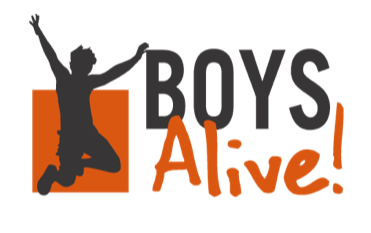"Can I Kiss You?"
A simple question.
There are so many reasons that we don't ask it.
The news is FILLED with accusations of sexual assault - from inappropriate touch, to underage 'dating' by older men, to well.... you know if you've listened to the news...Kevin Spacey, Harvey Weinstein, Louis CK, Roy Moore....and who knows who is next?
Parents ask me frequently, "HOW CAN I TEACH MY SON ABOUT RESPECT AND CONSENT?"
It seems an overwhelming topic.
Who wants to consider that YOUR SON could become one of "those people"?!
I attended a standing-room-only event, hosted by Irie Page, who was just turning 14 as I wrote this originally. She wanted to do something different to celebrate her birthday (kids are amazing, I tell ya).
She invited Mike Domirtz of the DATE SAFE PROJECT to come to Portland.
She fund-raised the entire speaking fee of $6500 and reached out for support from local resources including Portland State University, who hosted this event attended by nearly 500 people.
So cool, right?
Some take-aways:
We talk about consent. But what does "giving consent" actually mean?
CONSENT is NOT permission.
ASKING is only the first step towards seeking consent.
It is NOT CONSENT until you have a YES.
That "YES" must be mutual - and be enthusiastically given.
Then - and only then - do you have consent (and doesn't that feel good?! - no ambiguity.)
"Can I Kiss You?" is the first step towards consent.
Seems simple, right?
According to Mike, we must teach our kids to ask.
And answer.
What if that answer is NO?
We've been taught that saying no is MEAN. (And all of those women who are coming out now, somehow knew that saying no would jeopardize their jobs or their families.)
We must teach our kids early that they have every right to say no.
Mike suggests the no answer can be as simple as, "No, but thank you for asking."
He reminded that we do not need to explain or justify the no.
The person who asked can respond with, "I'm glad I asked. The last thing I'd want to do is make you feel uncomfortable."
An honest, simple interaction that is consensual or not - but respectful either way.
You may be thinking, "BUT MY SON IS ONLY FIVE! HOW DO I TEACH HIM ABOUT CONSENT?"
All of the incidents that are coming to light from Hollywood, politics, and sports had a classic power disparity.
>>Look at the ways you imply your power over your child when he is saying no. Do you cajole him to give grandma a hug even when he is reluctant? Do you require night-night kisses and hugs for visiting aunts and uncles?
>>MODEL CONSENT for your child. Ask your child and your partner if you can give them a hug or a kiss before swooping in. Let your children HEAR YOU saying yes to your partner and let them hear you saying no, too.
>>As I write this, I think about the times I was tickled unmercifully by my siblings - it was fun but there was a point where it crossed the line into "this isn't fun anymore," and I wanted it to stop.
>>Begin to notice times when your child wants to say no but maybe isn't able to communicate that clearly or isn't being listened to.
THIS IS HOW LEARNING CONSENT BEGINS and it must be practiced - and talked about - early and often.
============================
*Join the Boys Alive! community below for updates and more.*


